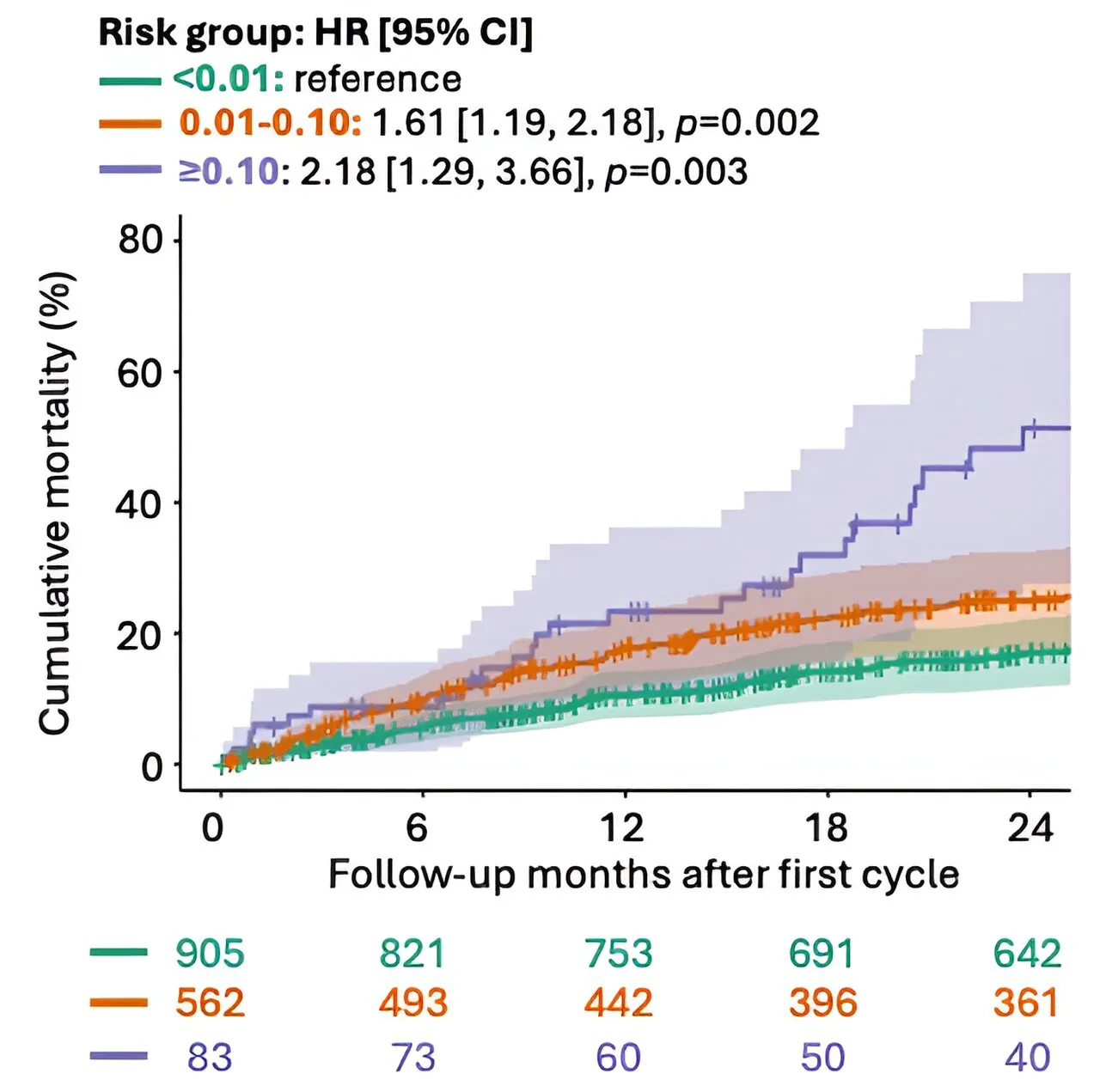Health Science Breakthrough: AI Tool Identifies Cardiac Risks in Cancer Patients

Recent Advances in Health Research
Medicine research is making strides with the introduction of an innovative AI tool aimed at enhancing patient safety. This tool analyzes electrocardiographic (ECG) images to assess cardiac risk among individuals undergoing cancer therapy, as presented in the latest health research news from Yale School of Medicine.
Understanding the Tool's Functionality
This AI innovation functions by processing ECG images to identify signs of potential cardiac dysfunction. Researchers assert that early identification can lead to improved outcomes for patients and better management of their overall health.
The Importance of This Health Research
- Predictive Analysis: The AI tool can significantly enhance predictive analysis in patients receiving cancer treatment.
- Risk Assessment: By identifying cardiac risks promptly, healthcare providers can implement timely interventions.
- Overall Health Management: Integrating such tools could revolutionize health science by prioritizing patient health through proactive care strategies.
Overall, the introduction of AI in assessing cardiac risk demonstrates a pivotal movement in medicine science, optimizing patient care protocols and addressing health risks with precision.
Disclaimer: The information provided on this site is for informational purposes only and is not intended as medical advice. We are not responsible for any actions taken based on the content of this site. Always consult a qualified healthcare provider for medical advice, diagnosis, and treatment. We source our news from reputable sources and provide links to the original articles. We do not endorse or assume responsibility for the accuracy of the information contained in external sources.
This article was prepared using information from open sources in accordance with the principles of Ethical Policy. The editorial team is not responsible for absolute accuracy, as it relies on data from the sources referenced.